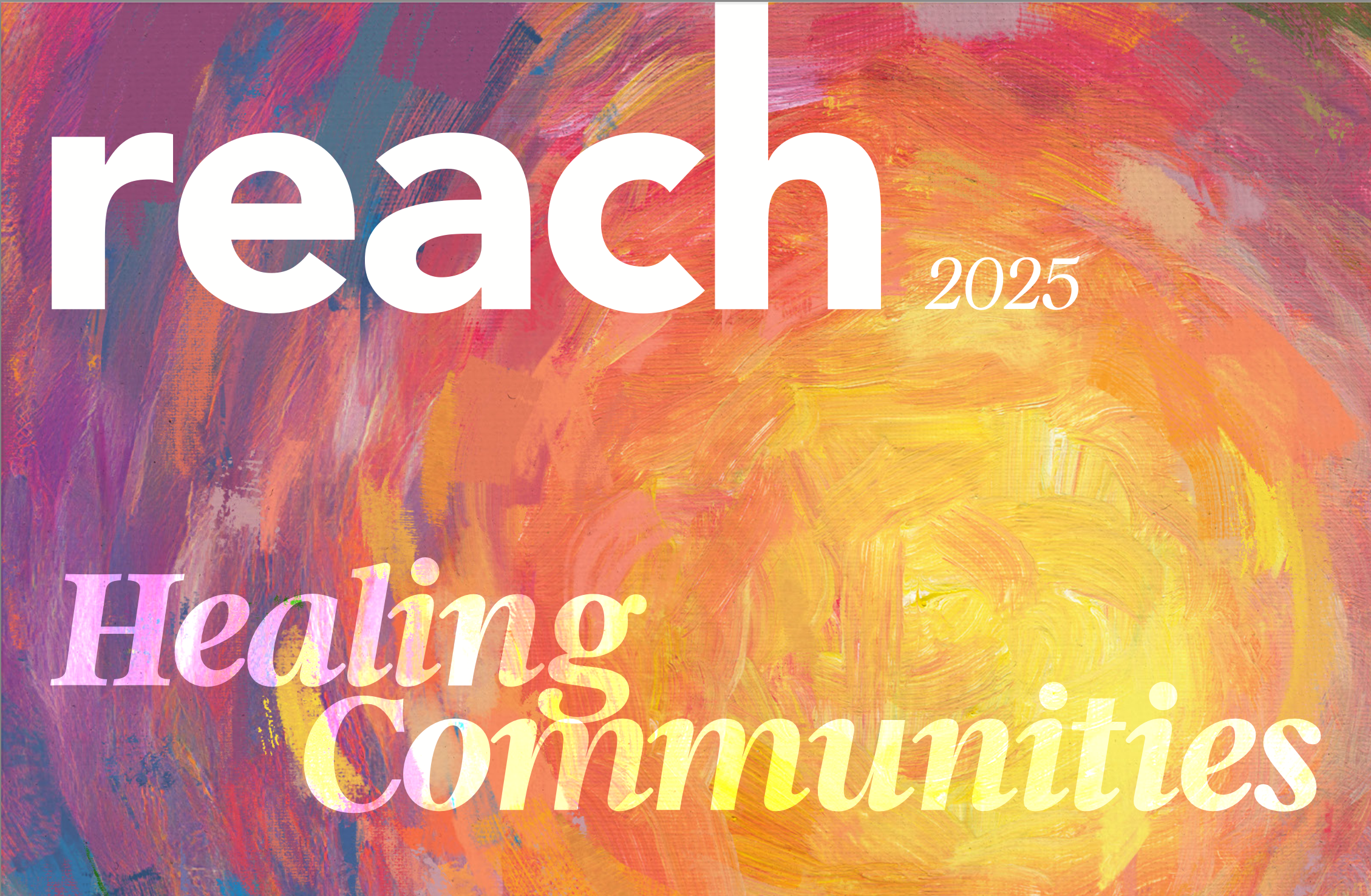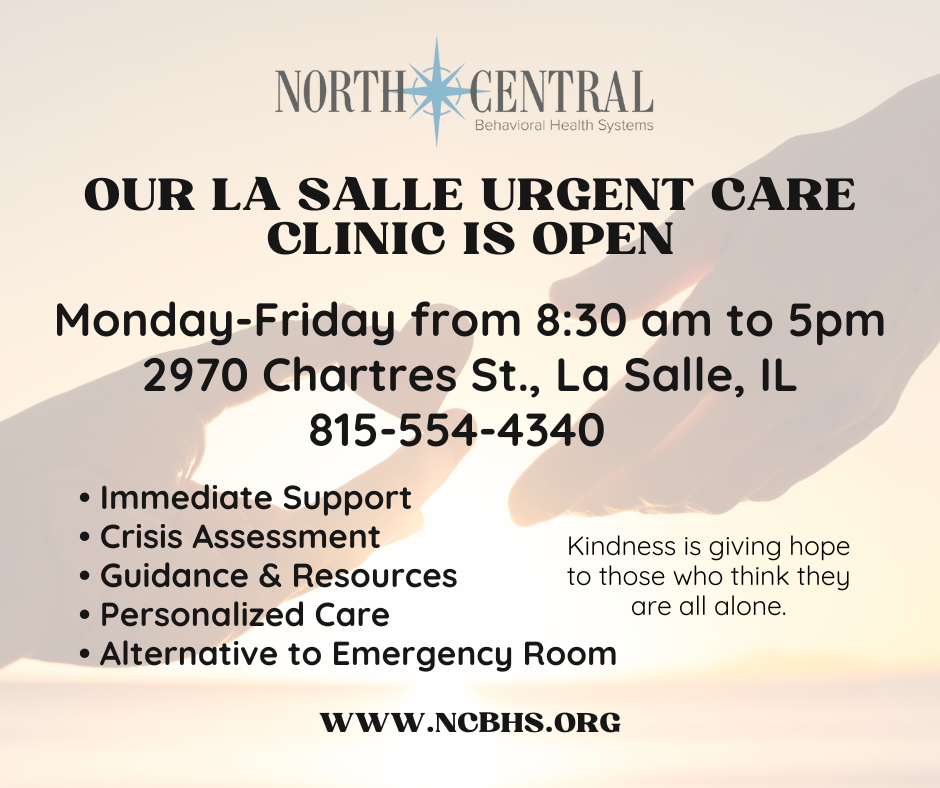Interpersonal communication skills consist of the verbal and non-verbal cues that a person uses to communicate their thoughts, feelings and ideas with another person. These behaviors have been learned and with reflection, practice, and guidance, one can identify possible problems and make changes to improve their ability to communicate.
How to identify problems:


